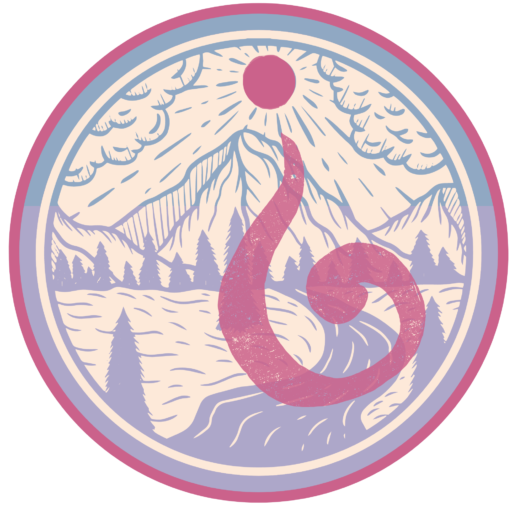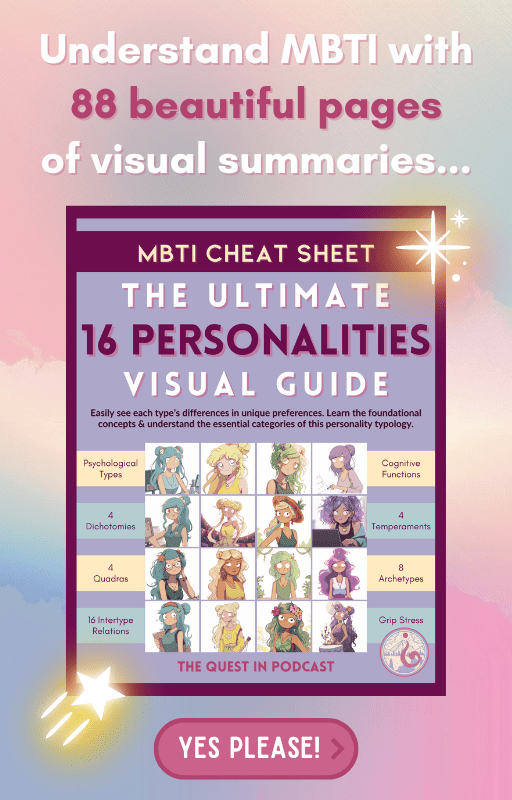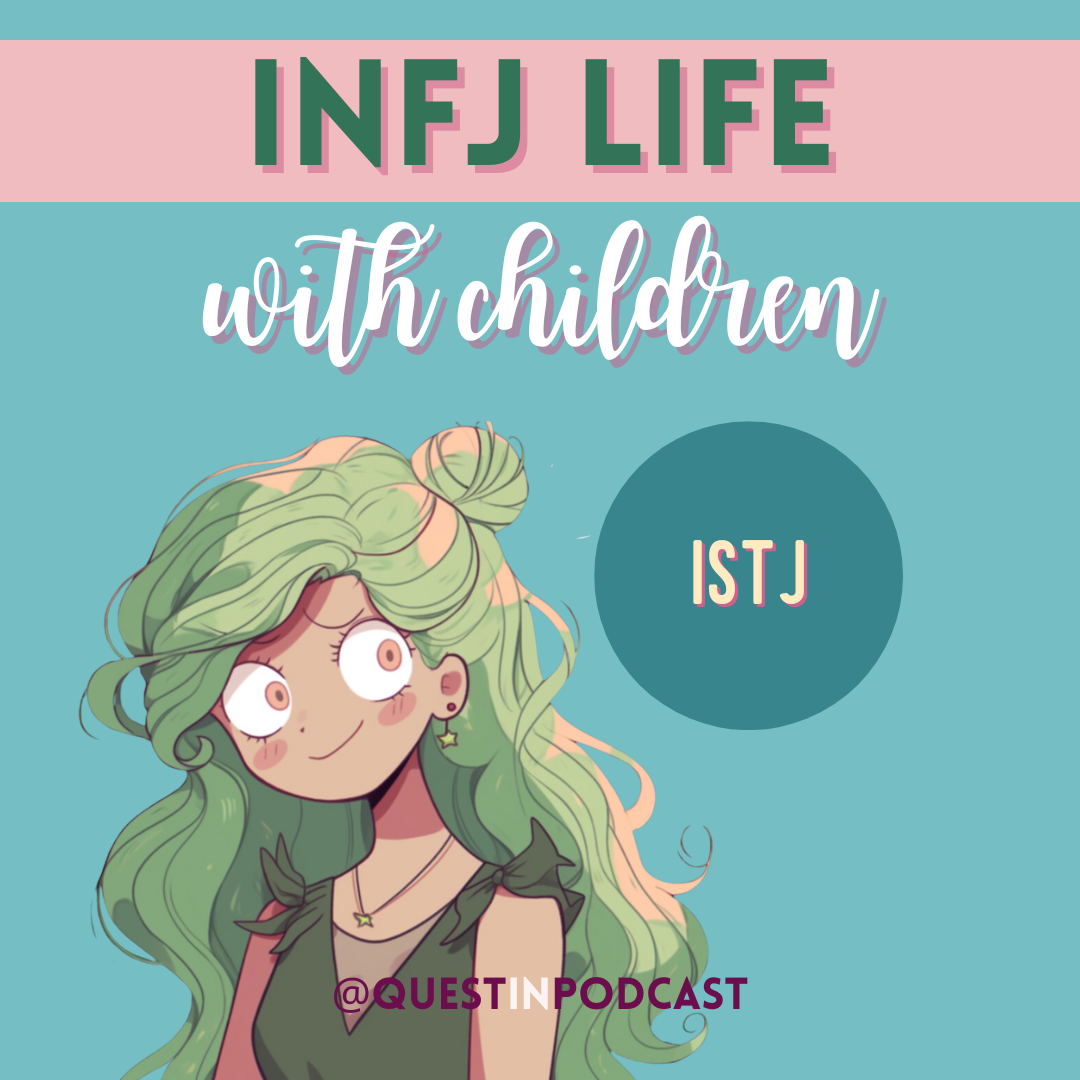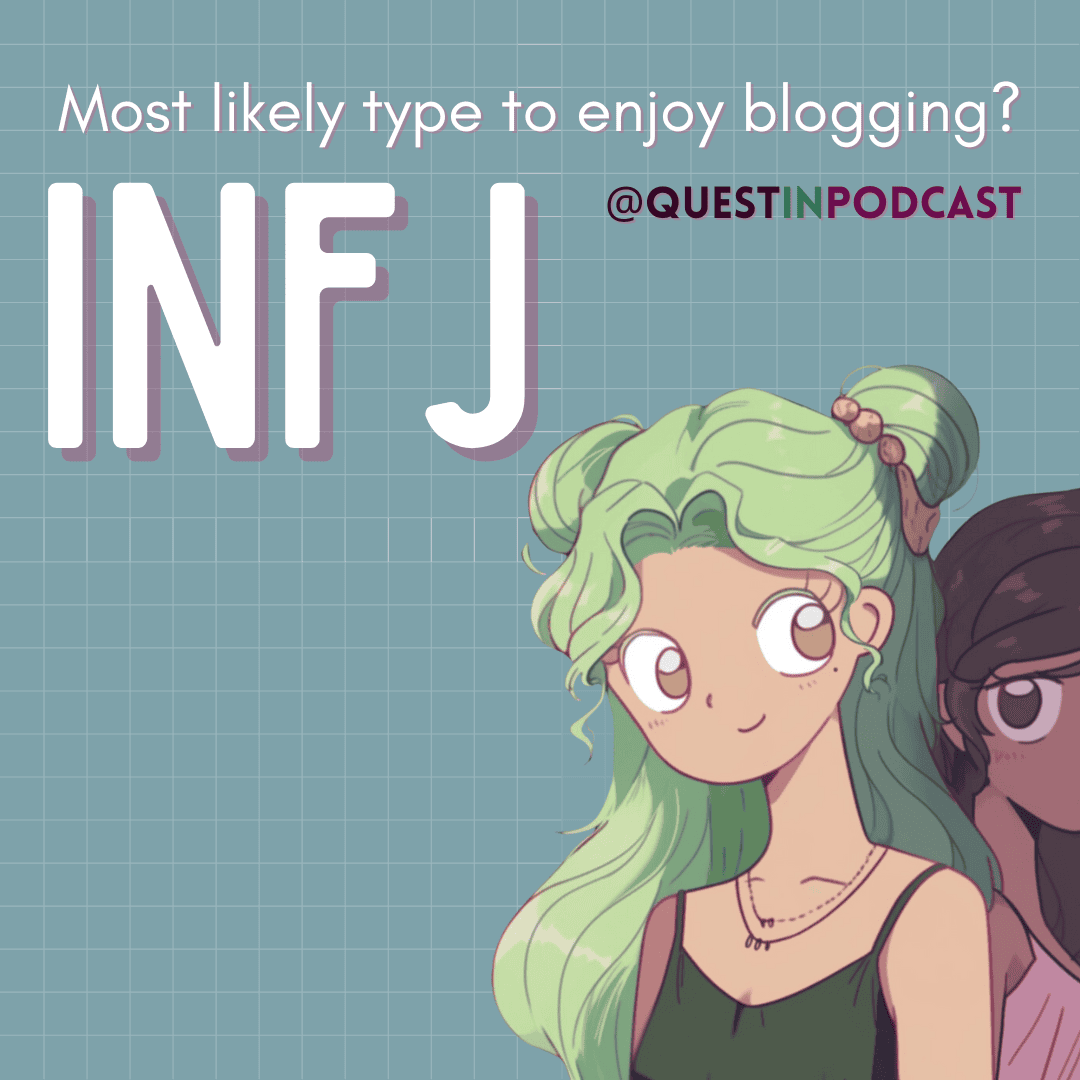
INFJ Stress: What is Se-Grip Stress? (INTJ Stress)
The extreme end of mismanaging everyday stress can eventually lead to INTJ and INFJ grip stress and very unhealthy stress reactions. Such overreactions will feel very out of character with a loss of control. Understanding this potential nature of your personality type can help to relieve stress in such an experience.
This article is for the INFJ Advocate personality type and the INTJ Mastermind personality type. The two types are a Socionics intertype relation example of a kindred pair. They share both the same first and fourth functions of introverted intuition (Ni) and extroverted sensing (Se).
What is INTJ/INFJ grip stress?
To be in a “grip” is to fall into the behaviors of a type’s inferior function in an unhealthy manner. Usually, this means out of conscious control.
The fourth function is on an axis to a type’s lead/dominant function, which means that a grip will be very out of character for all the personality types because it is very opposite of how they normally behave. Instead of leaning on the natural strength of its dominant function, the type is at the mercy of its poorly developed inferior function.

A grip happens under extreme stress. The response is actually very natural in human behavior because we are not meant to operate in stressful survival mode.
The inferior function of the INTJ and INFJ personality types is extraverted sensing (Se), which is on a functional axis with introverted intuition (Ni). While Ni is a very future-oriented, goal-focused cognitive process, Se on the other end is a very present-moment, sensation-seeking function. In healthy expressions, both Ni and Se are great for different points and reasons.
However, being “in the grip” of a lot of stress without any healthy outlet means a person is failing at meeting their own needs to cope with excess anxiety and conflict.

This can cause very unpredictable situations, frustration, and regrettable decision-making that one might later feel bad for. Additionally, a person under grip stress will abandon their positive outlook and focus on too many details that usually do not matter.
What does a “Se-grip” look like?
Both the INFJ Advocate and INTJ Mastermind are at risk of a “Se-grip” when they feel overwhelmed by unmanageable stress levels. The positive embodied of extraverted sensing (Se) is living in the present moment, inspiring action, and exuding self-confidence. Se responds with a creative enthusiasm to the flow of the world, constantly aware and generally in a relaxed, playful sense.

However, the negative version of extraverted sensing (Se) is taking action without consideration for one’s own good long-term. It becomes no longer a healthy way to respond. Instead, one might tend to not care anymore about the consequences or outcomes of personal choices. A person can lose a sense of reality because they are way too stressed to think properly.
For example, the person might really need some alone time but instead might prioritize keeping their schedule as busy as possible to avoid facing any real problems. He or she loses sight of the big picture of long-term goals and falls into hedonistic behaviors. When feeling stressed, he or she may binge eat, listen to loud music, or use substances to cope with anxious feelings. All the things of short-term pleasure rather than dealing with any stressful realities.

How does an INFJ or INTJ recover from a grip experience?
Grip stress and such provocations are uncomfortable for most people. It brings our dark shadow side to focus. Sensitive people particularly would prefer to avoid acknowledging the darker nature within.
Truthfully, Se-grip experiences become gifts to your future self after the fact because they have to potential to truly awaken someone to what he or she may be deeply avoiding.
Recovery can take a while (like months or even years), but if you don’t rush the process, you will resume feeling like yourself again with a better understanding of life and your unique world experience. You make the best of the Se-grip through deep analysis of yourself. Look at the stress experienced from an outer perspective. Inspect your actions as if you had not personally experienced them.

Why did you act on an impulse? What made you lose control in those moments? What fears are you now more aware of? Was it because of too much stress? Did you have control of how much stress you were under? What are some ways you can improve and grow as an individual?
Next, have a game plan in case life throws more curveballs at you in the future. (Which is likely at some point down the road.)
What systems can you put in place to manage stress reactions? Who can you talk to when you are overly stressed and who helps you in dealing when you get stressed? What are your signs of experiencing anxiety? How do you truly relax?
Seriously, take some time to explore answers to these questions. Consider using pen and paper to note them down.

5 Quick Tips for INTJ and INFJ Stress (Grip Stress Relief)
These 5 easy tips for INTJ and INFJ stress relief are healthy ways to manage any subconscious anxiety that these personality types may unconsciously accumulate. Avoid grip stress through proactive stress management and anxiety prevention for your Myers-Briggs personality type.
Daily maintenance is much easier (and more enjoyable) than deep rehabilitation.
Tip 1: Walk
The strong suit of intuitive types is to think, but sometimes you actually need to sense in your body to tap into your intuitive insights properly. My favorite exercise that I 100% stand by that helped me figure out proper ways for dealing with any anxious feelings or stressful conflicts is simply WALKING.
It is free, you can do it year-round, and walking is low-impact without any risk of injury for most people. It is the perfect daily tool to manage stress and also has many health benefits for regulating hormones, lowering blood sugar, and increasing physical activity in sedentary lifestyles.
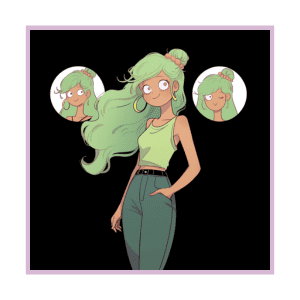
The best and most beneficial time to walk is first thing in the morning, even if it is only for a few minutes. Natural morning sunlight helps to produce proper amounts of serotonin (and later melatonin for quality sleep).
If you are trying to figure something out in your mind, I encourage you to walk without any lyrical or distracting music. Give your brain empty thinking space and let yourself freely wander in thought. Just be aware and observe your mind. Listen to the details of what is calling for your attention and either let yourself let go of the thought that no longer serves you or tend to what action you must take next.
Get some fresh air, admire nature, and enjoy as many walks as you can in the world. I promise that you will always feel better after a walk, even if you didn’t feel like walking at first. Walking will lower your stress levels consistently.
Tip 2: Talk
Secondly, find one or two people that you truly feel heard and supported by. Perhaps hire a therapist if that is what you need right now. As social creatures, sometimes you just need that external feedback even as an introvert.
Strong negative feelings tend to weaken once shared for one of two reasons. Possibly because you clarify and realize how you feel or through choosing to express what you are feeling. Owning it instead of being owned by it. The opposite of depression is expression, and even your words can be enough to help you to release negativity.

The key is to find trustworthy confidants who never make you feel judged, unworthy, or unlovable. You will feel rich in support once you find one person you can truly confide in and openly talk to.
Tip 3: Write
Writing is genuinely a gift for intuitive introverts. It is a free personal space to explore your mind without any frequent interruptions. When spending time discovering your truest and deepest thoughts, you can savor the world differently through reflection and analysis.

Many people never give themselves the time or the space to write, and it might feel very unnatural when they do as a result. However, research by James Pennebaker reveals expressive writing 3-4 times a week can greatly reduce anxiety, depression, and negative feelings. He recommends trying for 15 minutes to freely write about what you are feeling and then see if how you are feeling improves or not afterward. (Discontinue if it does not reduce feelings of anxiety or stress levels.)
Try it. I swear by journaling. I have kept journals throughout my entire life since elementary school and sometimes what I write has been so random or so full of details, but the practice of it has kept me sane and greatly helped to reduce stress. It has helped me develop my inner voice and is why I particularly enjoy using this voice to write these articles.
Tip 4: Create
The next time you feel bored, create. The next time you feel inspired, create. The next time you feel stressed, create.
Find your medium. Whether it be writing, painting, drawing, coloring, cooking, baking, woodwork, or content creation.
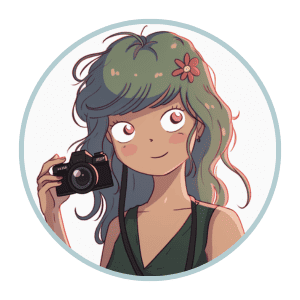
In today’s world, we live mostly as consumers. Bring balance to your life by tapping into your inner creator. INTJs and INFJs tend to have a very intense need for creativity because of the strong inner visions from dominant introverted intuition (Ni). This energy needs healthy ways to be released.
Art is a natural outlet for stress relief. Get into the flow state with something that completely engulfs your attention. If you have performance anxiety, start with just creating just for yourself. Eventually one day you might have so much fun in the process that you will want to share it with others.
Tip 5: Meditate
The last tip for managing stress and preventing grip stress is to meditate. Grip stress is an unhealthy expression of the inferior function with an absence or underuse of your lead “Hero” function. Meditation is a healthy way to tap back into your natural strength of introverted intuition.

Meditate to let go of any anxiety, forget unnecessary details, and tap into your true inner voice. The INTJ personality type and the INFJ personality type will always greatly benefit from spending time dedicated to leisurely thinking in a cozy personal space.
When can you meditate? Try starting with first thing in the morning or last thing before bed. Start with 1 minute and build up to 5+ eventually.
With consistency, you will raise your consciousness and you will become less reactive and more resilient to stress. Instead of running in impulsive survival mode, you will predominantly stay in a conscious, empowered state.

Conclusion on Grip Stress for INFJs and INTJs
I had never heard about grip stress until reading this book, but I was impressed when I discovered the concept and read about my own INFJ personality type.
It was so on point and described exactly what I went through in my early 20s for a few months. I was in a bad “Se-grip” and made some horrible decisions that are arguably regrets. I spent about three years reflecting, deconstructing, and learning from the experience.
However, those choices eventually led me to honestly a very beautiful life. What once felt like it had destroyed my life became a foundation for so many things that I today cherish.

Grip stress is rough when you are going through it, but I swear the insights the experience offers make it kind of all worth it…
If you enjoyed this article, you probably will also like these:
